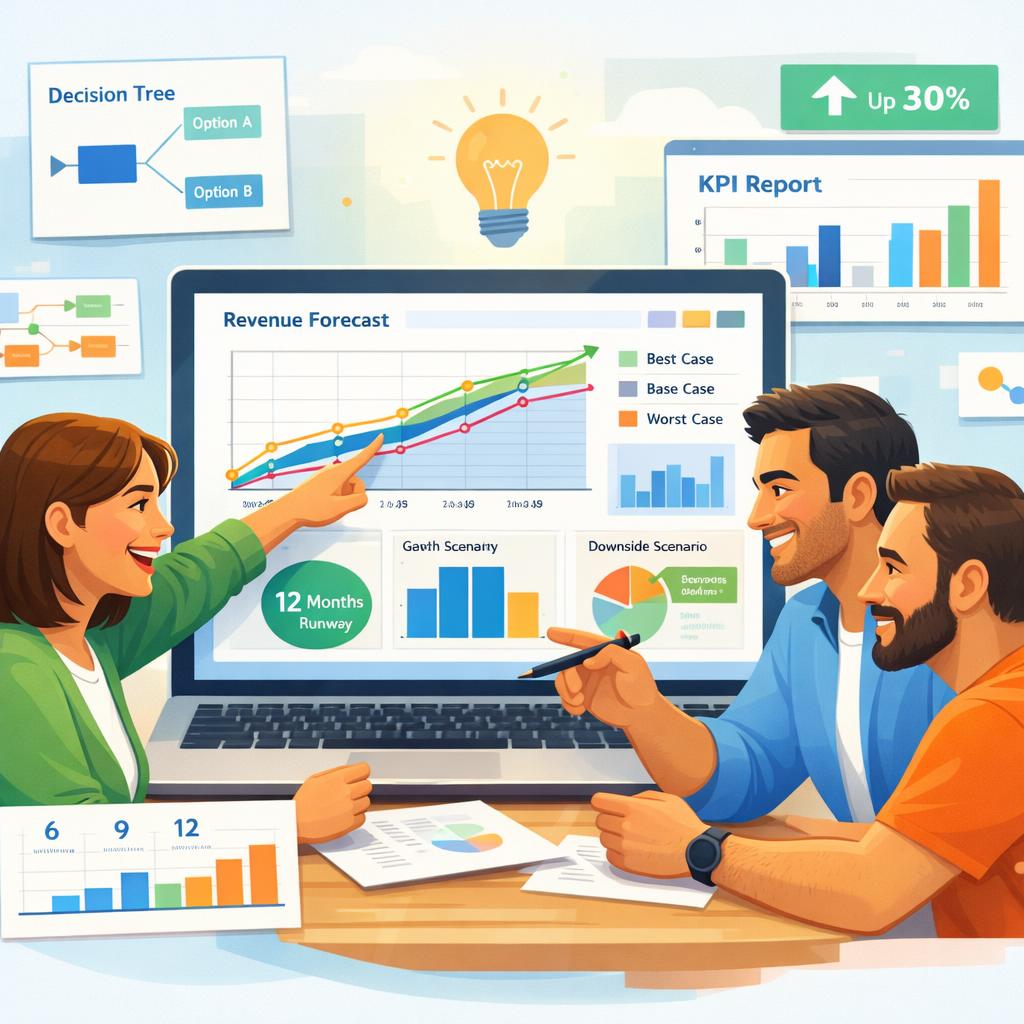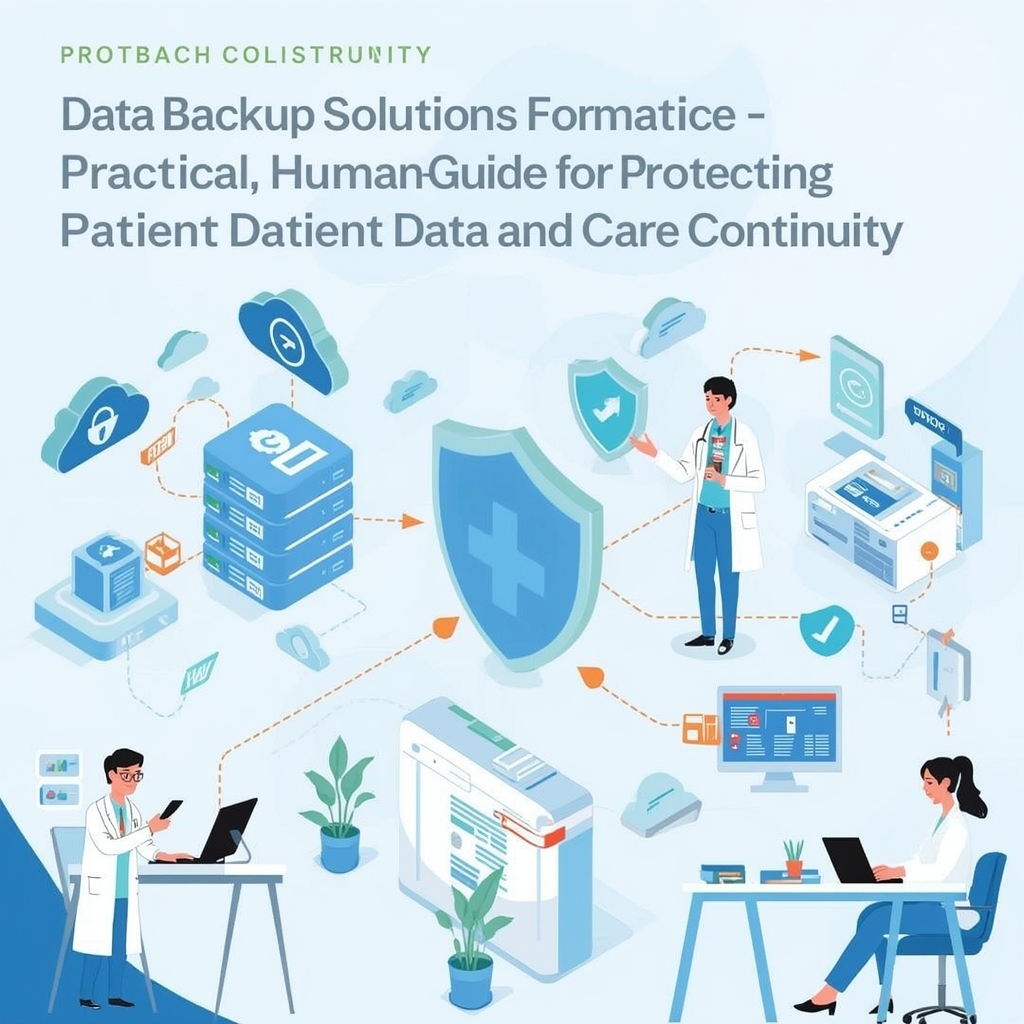What Is Financial Literacy and Why Is It Important?
Financial literacy is more than just understanding dollars and cents—it’s about making smarter decisions every day. So, what is financial literacy and why is it important? Simply put, it’s your ability to manage money well. Whether you’re budgeting for groceries, planning for retirement, or trying to improve your credit score, being financially literate helps you stay in control. In the United States, where the cost of living keeps rising and financial products grow more complex, this skill is essential. Let’s explore why financial literacy is the foundation for a stable, secure financial future.
The Meaning Behind Financial Literacy
Financial literacy means having the knowledge and confidence to make informed money choices. It covers everything from setting a budget to understanding interest rates and avoiding debt traps. When you know how your finances work, you’re more prepared to face life’s money challenges without stress.
In the U.S., financial literacy includes key habits like saving for emergencies, building credit, managing student loans, and investing for long-term goals. It’s not about being rich—it’s about being smart with what you have.
Why It Really Matters for US Adults
Financial literacy impacts every part of daily life. From choosing the right credit card to managing your paycheck, small decisions add up fast. Those who lack financial skills often fall into avoidable debt, live paycheck to paycheck, and miss out on investment opportunities.
On the other hand, those with strong financial understanding tend to build savings, retire with confidence, and feel less anxiety about money. It’s not just about knowing the terms—it’s about putting that knowledge to work for your lifestyle and goals.
Building Better Money Habits Starts with Awareness
Understanding money doesn’t require a finance degree. You just need the basics:
-
Track your spending
-
Set simple budgets
-
Learn how credit scores work
-
Know when and how to borrow
-
Invest slowly and consistently
Financial literacy gives you these tools and teaches you how to use them wisely. As your knowledge grows, so does your confidence. That confidence can be life-changing when dealing with job loss, health costs, or major life changes.
Financial Literacy Is Key to Reducing Debt
Credit cards, student loans, car payments—debt is everywhere. But financial literacy teaches you how to handle it. When you know how interest works and what repayment terms mean, you can make better choices before borrowing.
Many adults in the US are stuck in cycles of debt simply because they weren’t taught how to manage it. Financial education helps break that cycle by showing you how to plan ahead, avoid high-interest traps, and reduce unnecessary spending.
The Role of Financial Literacy in Saving and Investing
A big part of financial health is knowing how to save and invest. Financial literacy teaches you the value of setting aside money—not just for emergencies, but for long-term goals.
Once your savings grow, investing can help your money work for you. Even basic knowledge about stocks, retirement accounts, or compound interest can lead to smarter decisions. It’s about creating a future where you’re not just earning money, but building wealth.
Financial Education Should Start Early—but It’s Never Too Late
Unfortunately, many US schools don’t offer personal finance education. This leaves young people entering adulthood without the skills they need to handle real-world money decisions. The good news? You can start at any age.
There are free courses, mobile apps, podcasts, and books that make learning about money accessible and even enjoyable. The sooner you start, the sooner you’ll feel more confident with your money.
Financial Literacy Helps You Plan for the Unexpected
Emergencies are a part of life. Medical bills, car repairs, or a sudden job change can throw anyone off course. Financial literacy helps you prepare for those moments by teaching the importance of emergency funds, insurance, and risk management.
When you’re financially literate, a crisis doesn’t have to become a catastrophe. You have a plan, a cushion, and the calm mindset needed to deal with challenges.
How to Start Improving Your Financial Knowledge Today
If you’re wondering where to start, here are simple actions you can take:
-
Use budgeting apps to monitor spending
-
Watch short financial videos on YouTube or TikTok
-
Subscribe to finance newsletters or blogs
-
Join community financial workshops
-
Practice managing a monthly budget
-
Review your credit report regularly
The goal isn’t perfection—it’s progress. Each small step adds up to a stronger foundation.
Why Financial Literacy Is Important for the Future
In today’s economy, financial literacy isn’t optional—it’s essential. Everything from buying a house to understanding taxes requires basic money knowledge. Without it, people often make expensive mistakes or delay life goals.
But with it, you gain freedom. You can travel without debt. You can support your family without stress. You can retire with dignity. Most importantly, you gain the confidence to take control of your life and your future.
Final Thoughts
So, what is financial literacy and why is it important? It’s your financial toolbox—the set of skills that helps you navigate life with less stress and more freedom. For US adults, it’s the key to smarter decisions, stronger savings, and a more secure future.
Financial literacy empowers you to manage money with confidence—no matter your income or background. Start small, stay consistent, and remember: every smart decision today shapes a better tomorrow.










